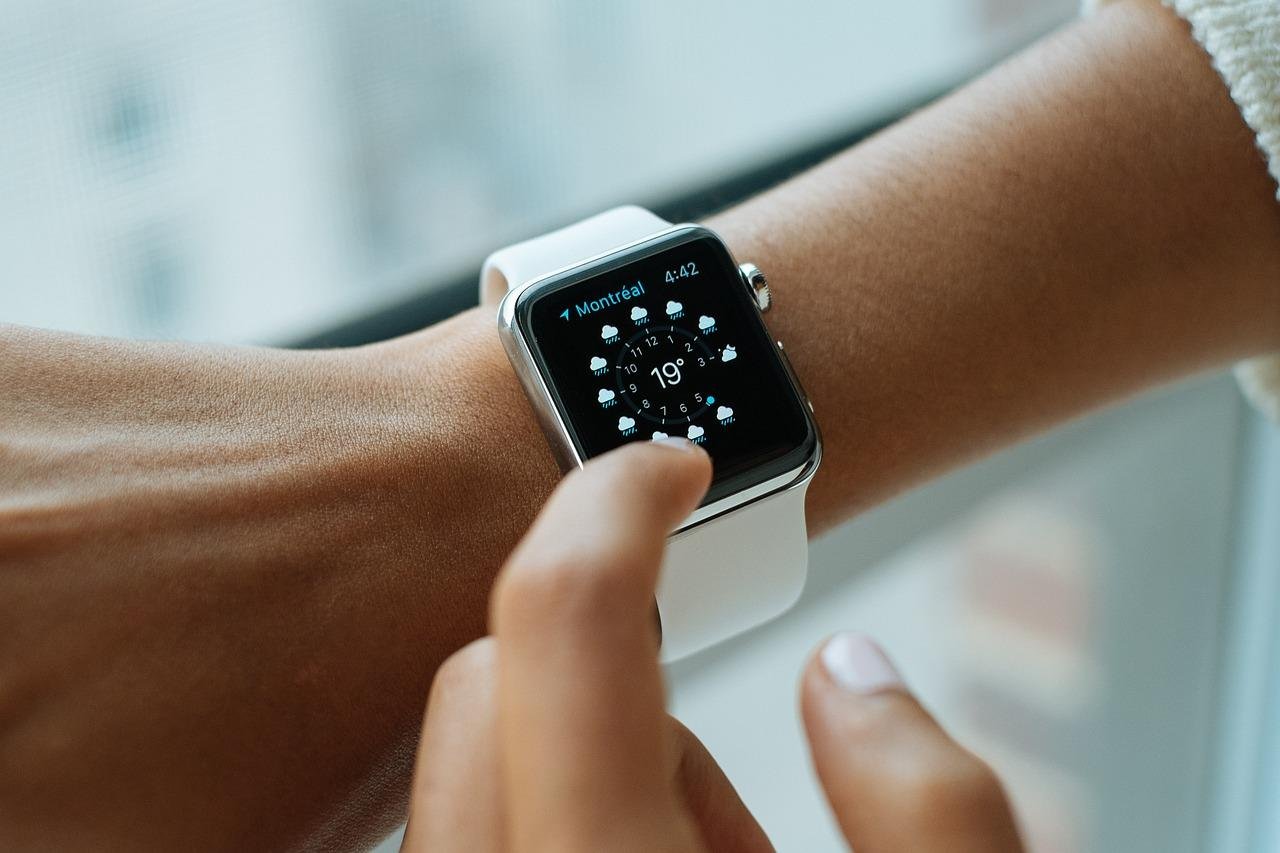Introduction
With the increasing reliance on computers for both personal and professional use, protecting your computer from viruses has become more important than ever. Viruses can cause significant damage to your files, compromise your personal information, and even render your computer unusable. In this article, we will explore various measures you can take to safeguard your computer from viruses.
1. Install Antivirus Software
The first and most crucial step in protecting your computer is to install reputable antivirus software. There are many options available in the market, both free and paid. Ensure that the software is regularly updated to stay ahead of the latest threats.
2. Keep Your Operating System Updated
Operating system updates often include security patches that address vulnerabilities that can be exploited by viruses. Set your computer to automatically download and install these updates to ensure that you are protected against the latest threats.
3. Be Cautious with Email Attachments
Email attachments are a common way for viruses to spread. Exercise caution when opening attachments, especially if they come from unknown or suspicious sources. Avoid opening any attachments that you were not expecting, even if they appear to come from someone you know.
4. Use a Firewall
A firewall acts as a barrier between your computer and the internet, monitoring incoming and outgoing network traffic. Enable the built-in firewall on your operating system or consider using a third-party firewall for an added layer of protection.
5. Enable Pop-up Blockers
Pop-up ads can be more than just annoying—they can also be a source of viruses. Enable pop-up blockers in your web browser to prevent malicious pop-ups from appearing and potentially infecting your computer.
6. Exercise Safe Browsing Habits
When browsing the internet, be cautious of the websites you visit and the links you click on. Stick to reputable websites and avoid clicking on suspicious links or downloading files from untrustworthy sources.
7. Regularly Back Up Your Files
In the unfortunate event that your computer does become infected with a virus, having regular backups of your files can save you from losing important data. Use an external hard drive or cloud storage service to back up your files regularly.
8. Educate Yourself
Stay informed about the latest virus threats and scams. Educate yourself on common phishing techniques, social engineering tactics, and other methods that hackers use to gain access to your computer. By being aware, you can better protect yourself.
Conclusion
Protecting your computer from viruses is a vital part of maintaining the security and integrity of your digital life. By following the steps outlined in this article, you can significantly reduce the risk of falling victim to a virus and ensure that your computer remains safe and secure.







